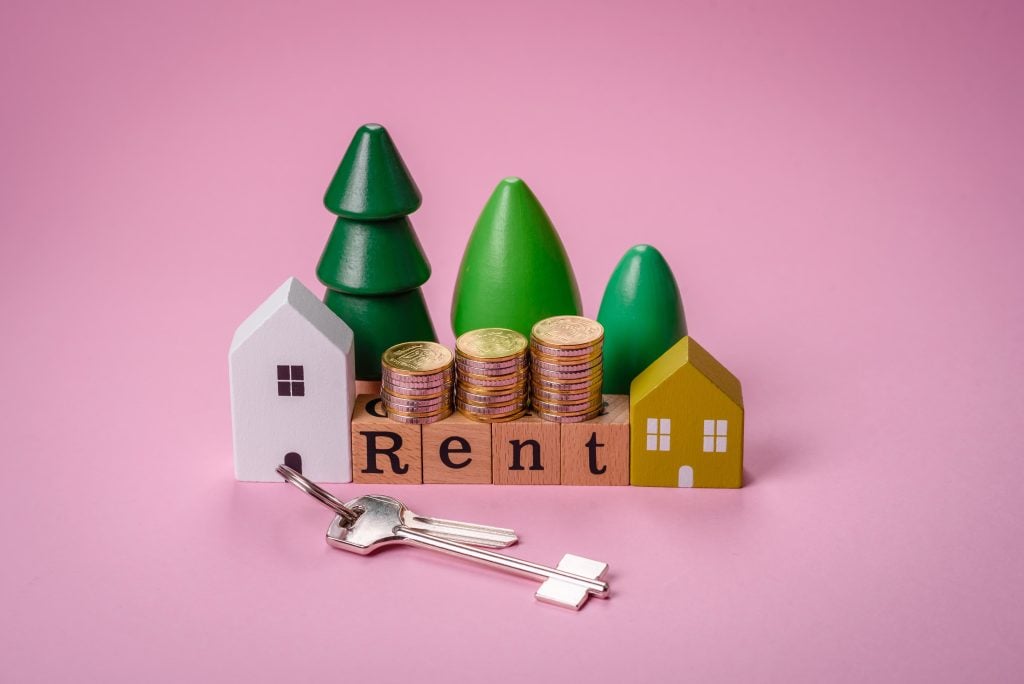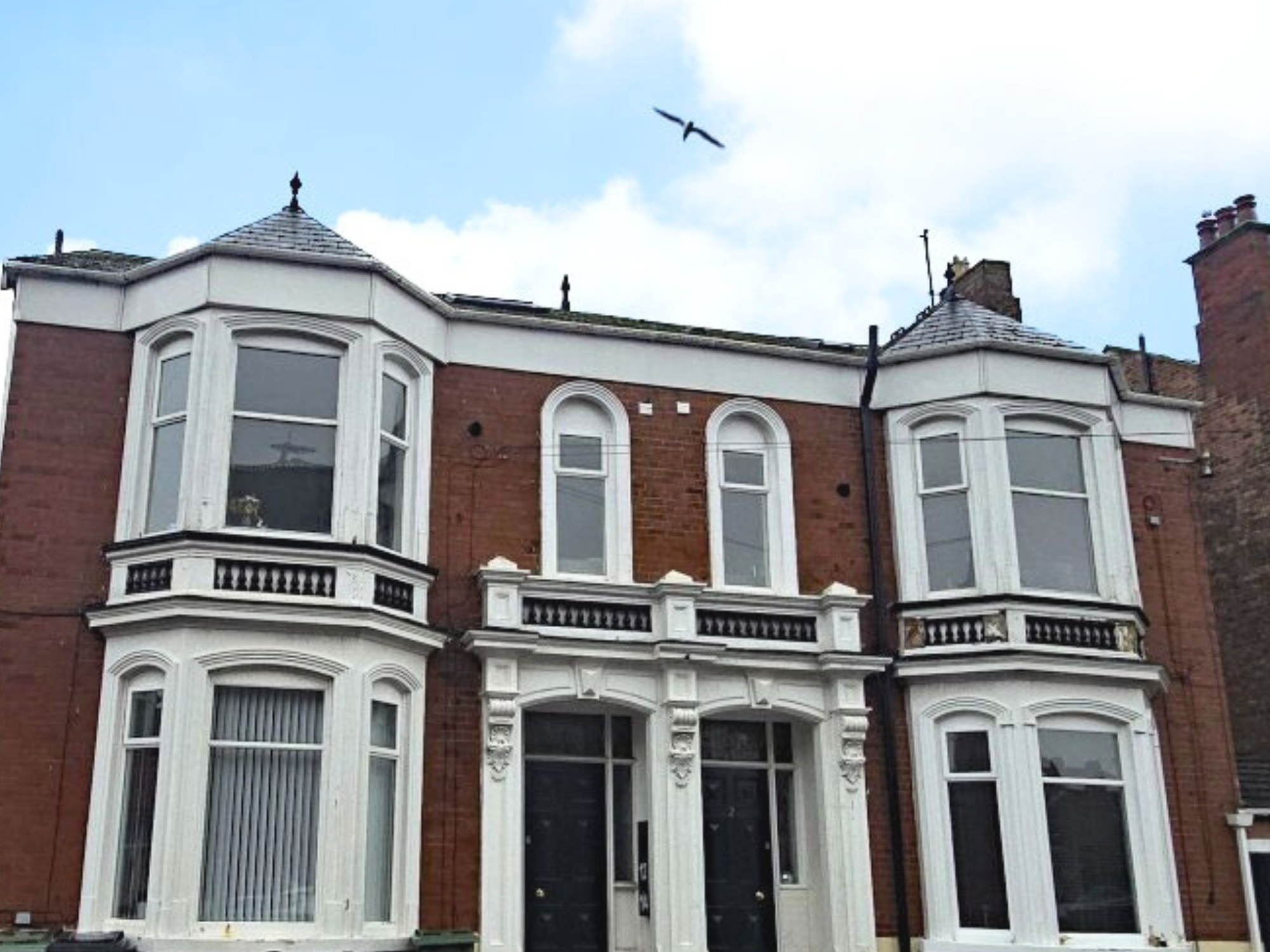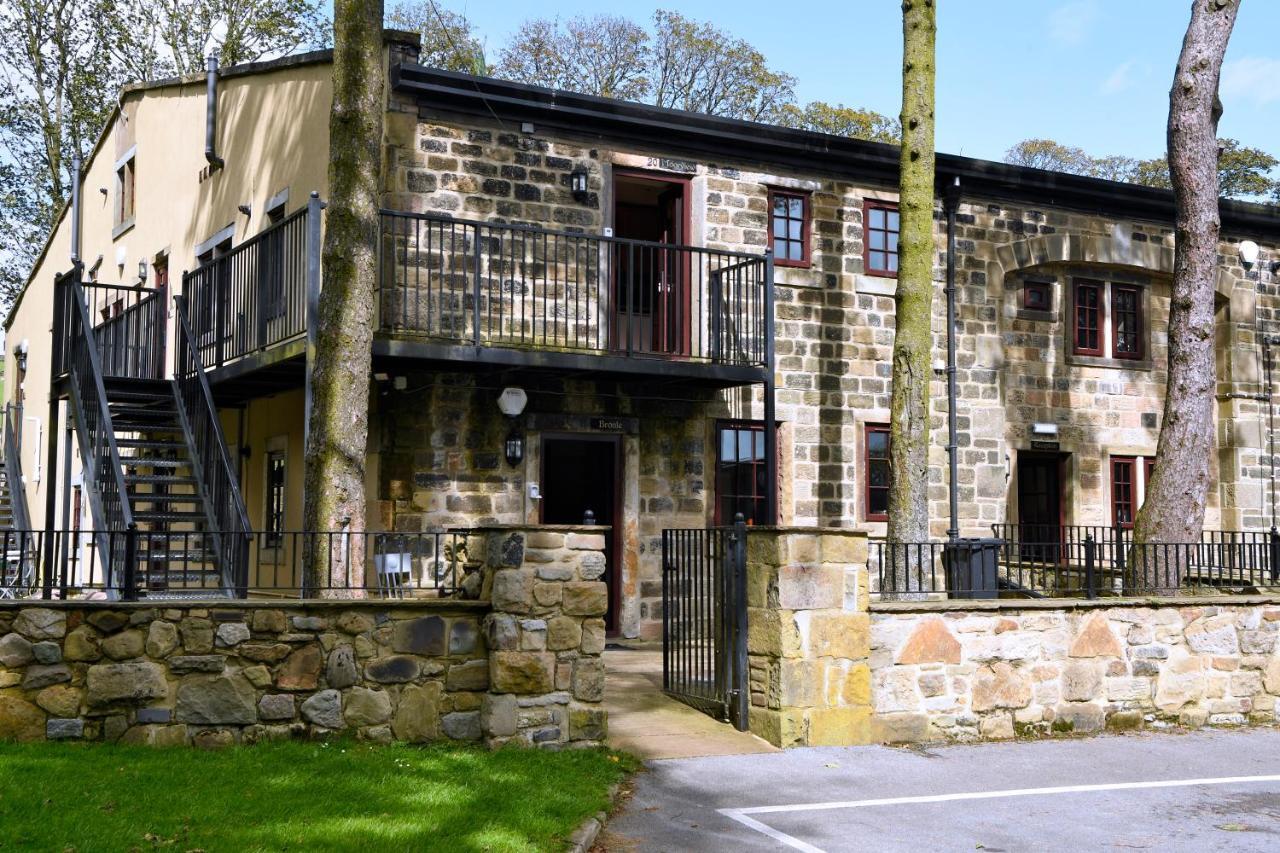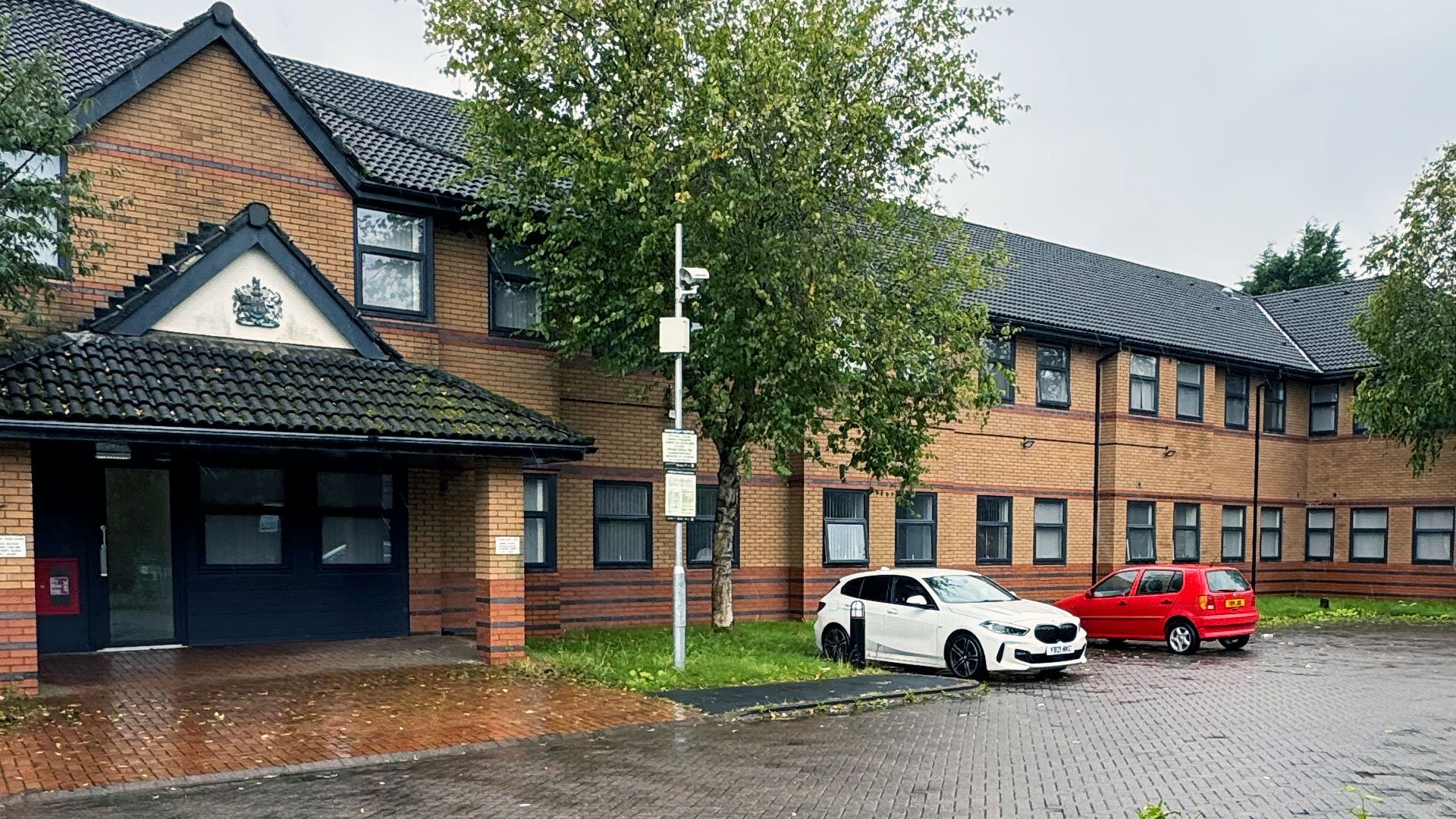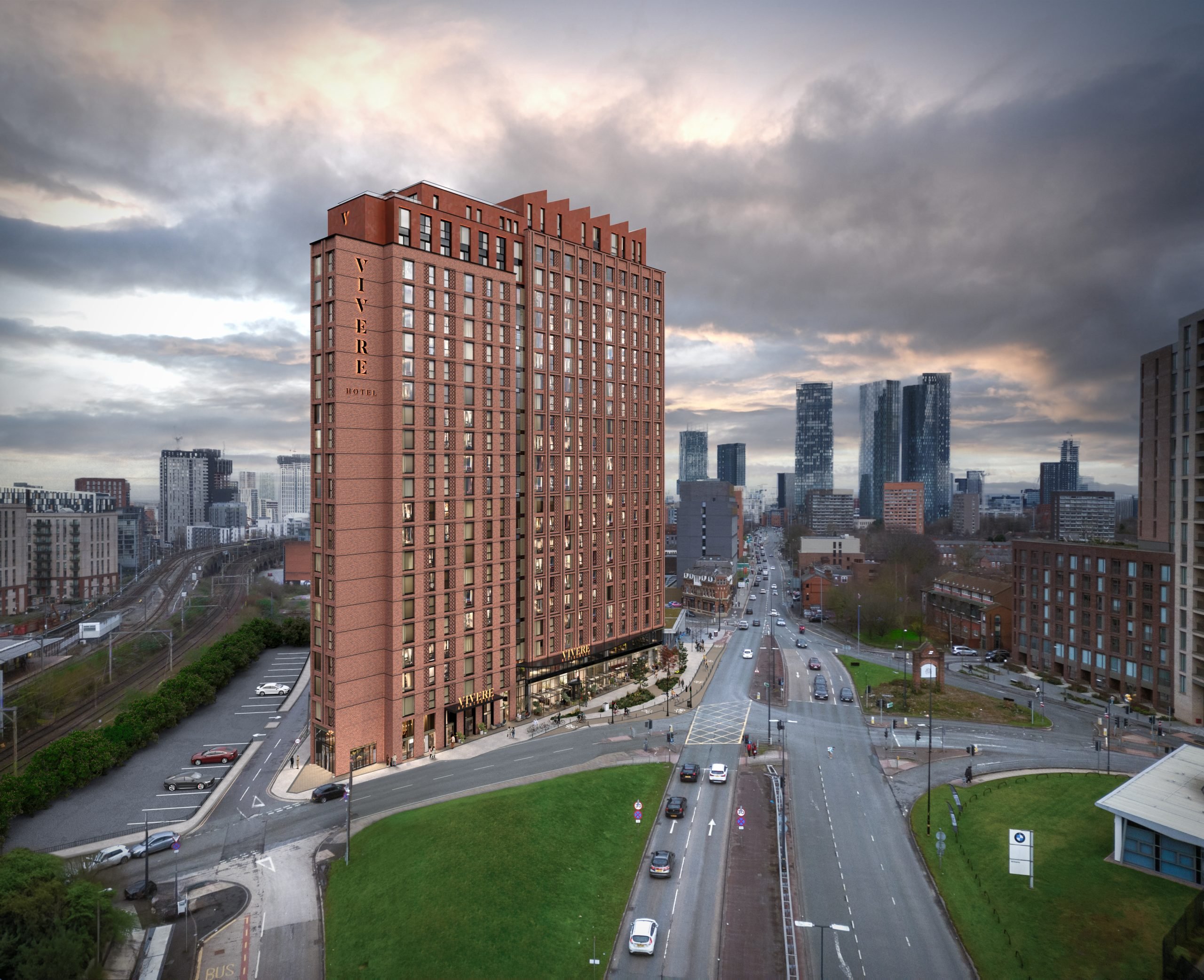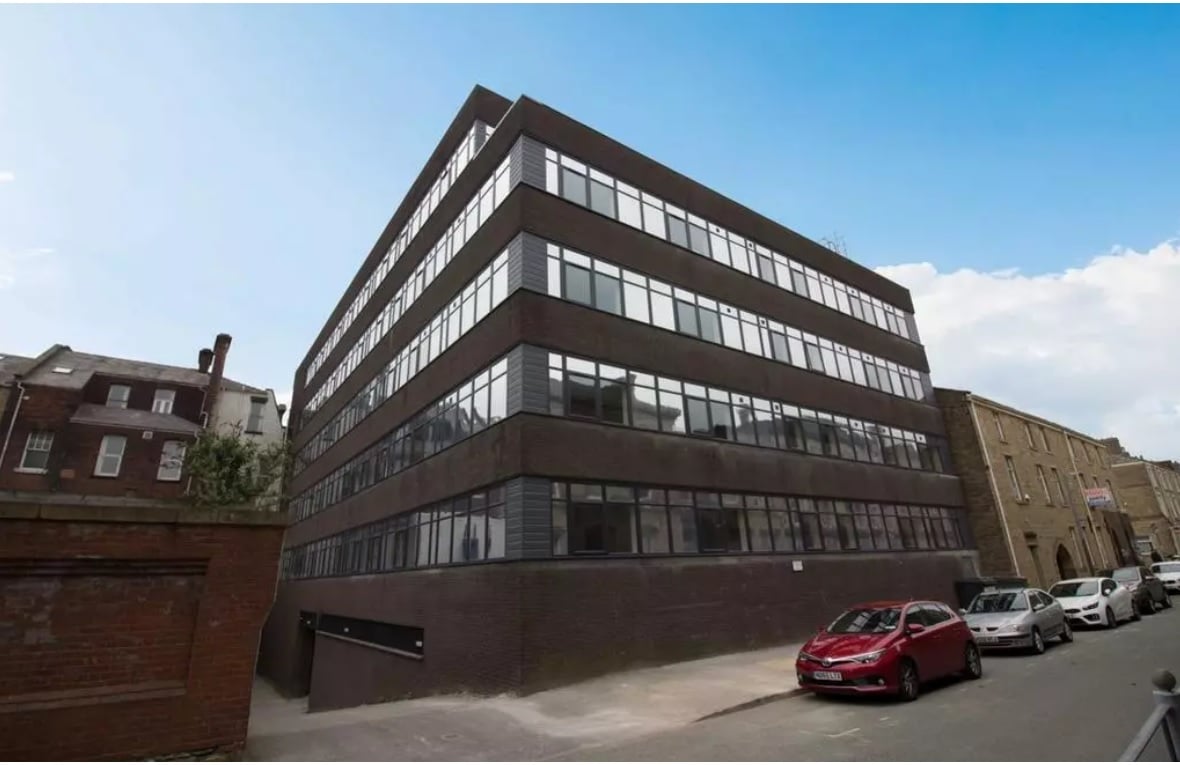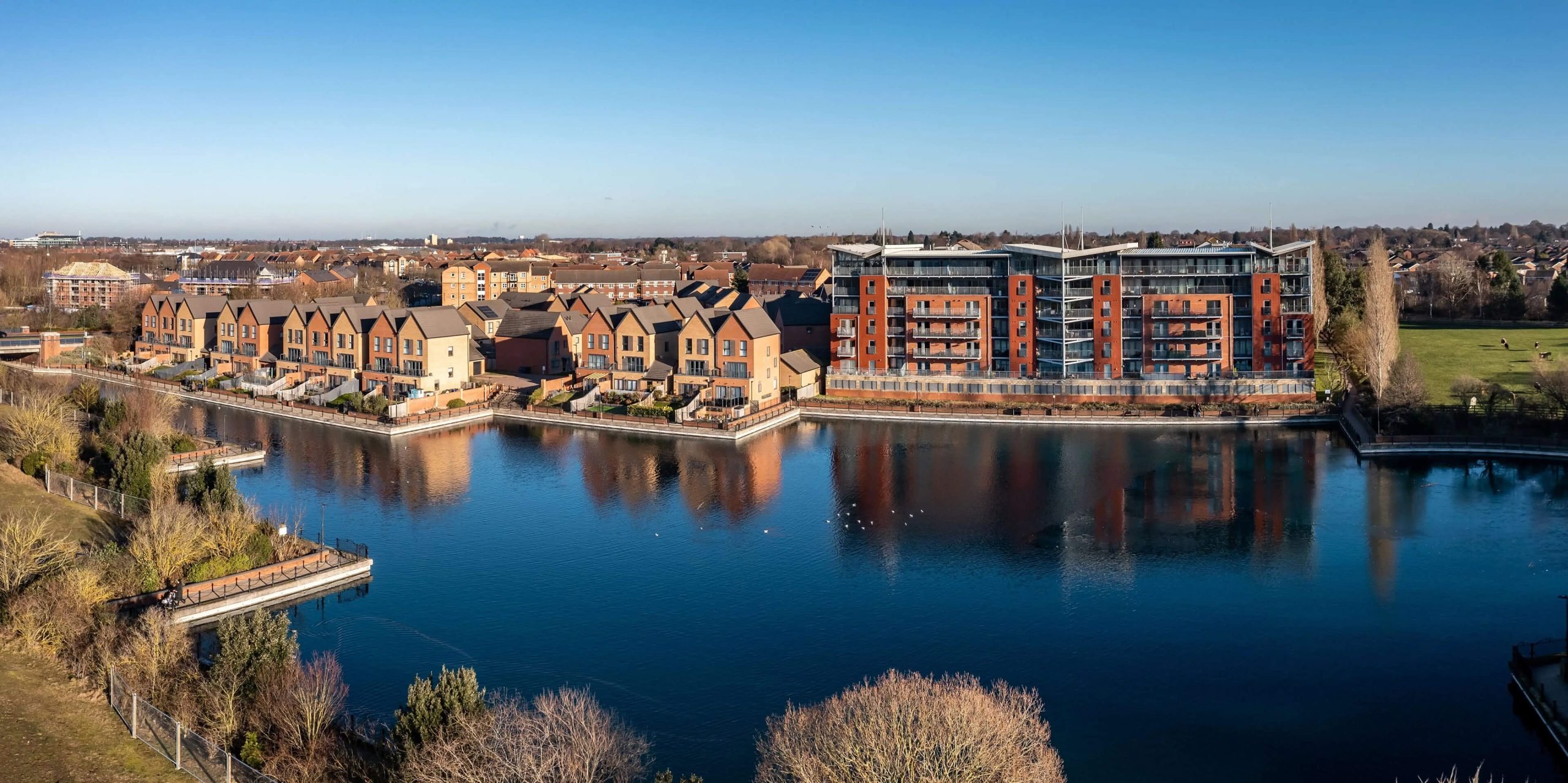It’s been something of a turbulent 12 months in the UK, with a multitude of chancellors and prime ministers entering and exiting via the revolving door at the top of politics. Still, there appears to be some level of stability returning with Rishi Sunak and Jeremy Hunt in charge.
Five months into their tenures as Prime Minister and Chancellor of the Exchequer, they have released, incredibly, the first non-emergency budget since before Rishi Sunak was chancellor.
It’s also the first budget in a few years that the government has some headroom and extra money to play with following a bumper tax collection earlier in the year.
Hunt was facing difficulty in balancing sensible spending with calls for tax cuts, pay rises and more public spending. So, how did he fare, and what does the budget mean for property investors?
Pension changes
For wealthier individuals, there was good news announced as the chancellor said that the lifetime allowance – the amount you can pay into your pension before paying tax – would be abolished.
The pensions annual tax-free allowance will rise by 50% from £40,000 to £60,000.
Levelling up budget
The budget for levelling up across the regions was increased with announcements of money for areas all across the country, which is expected to help with business and building projects which will, in turn, help the local property markets.
According to Property Press, ‘There will be an additional £320 million fund for the Scottish Government, £180 million for the Welsh Government and £130 million for Northern Ireland.
The Government will invest £200 million in local regeneration projects across England, with a further £161 million for mayoral combined authorities and Greater London, while £400 million will be available for new levelling-up partnerships in areas like Cleveland, Redcare and Blackburn.’
What does the budget mean for property investors?
Ultimately, this was a budget aimed to get as many people back to work as possible, with an estimated 6.6 million economically inactive people available to return to work.
If this is achieved, or even marginally achieved, then this will ultimately be positive for the housing market as more people buy and look to rent.
With property prices stable and rents increasing, this extra economic activity will mean a positive push towards property prices and rental income increases.
As ever, UK property remains one of the most attractive and stable investments around at the moment, if you’re interested in investing then why not get in touch with us today?





